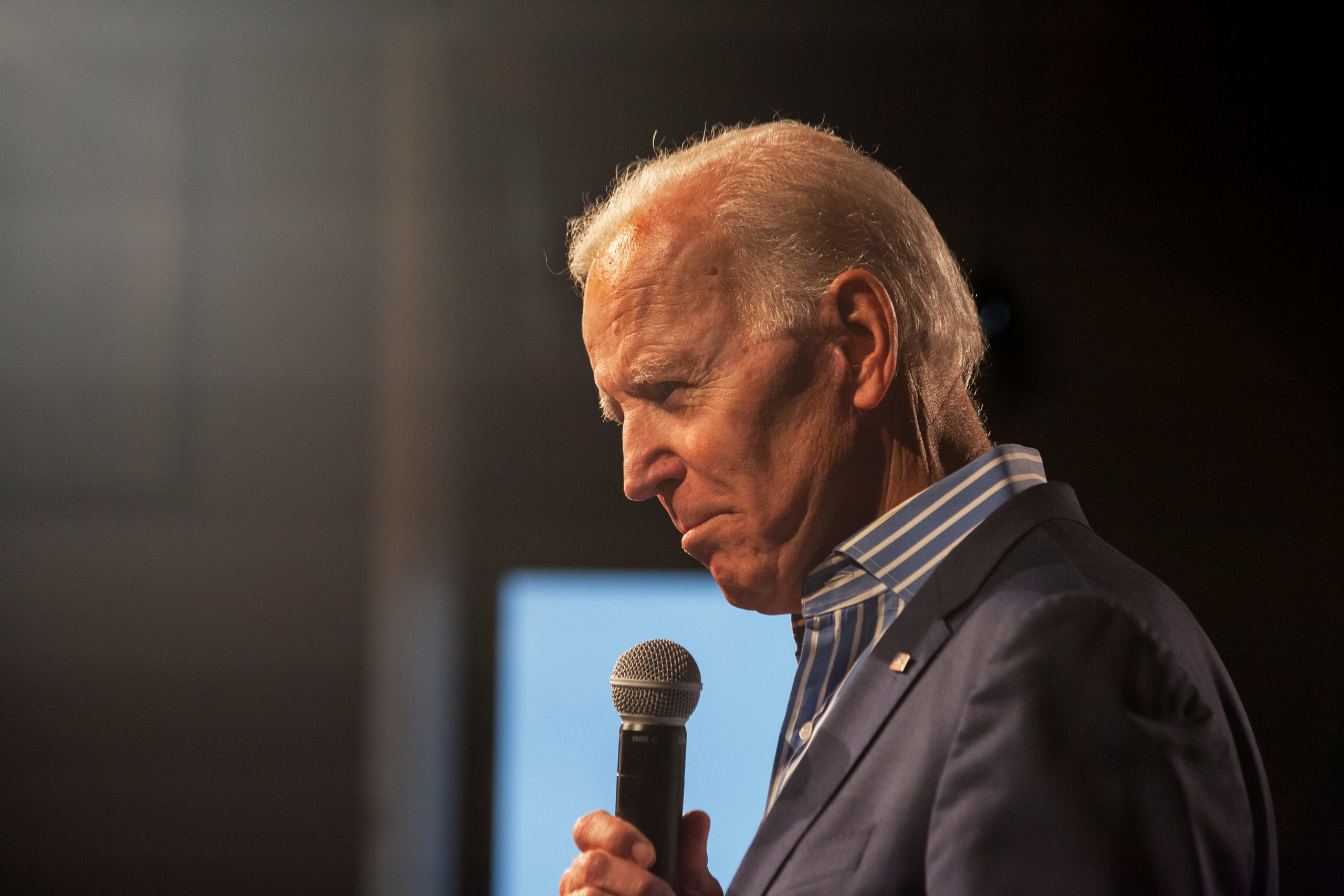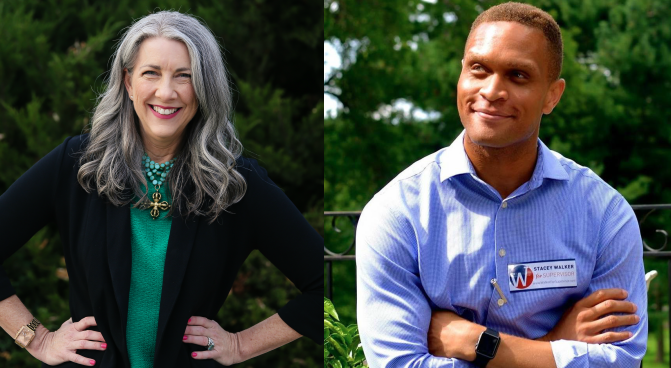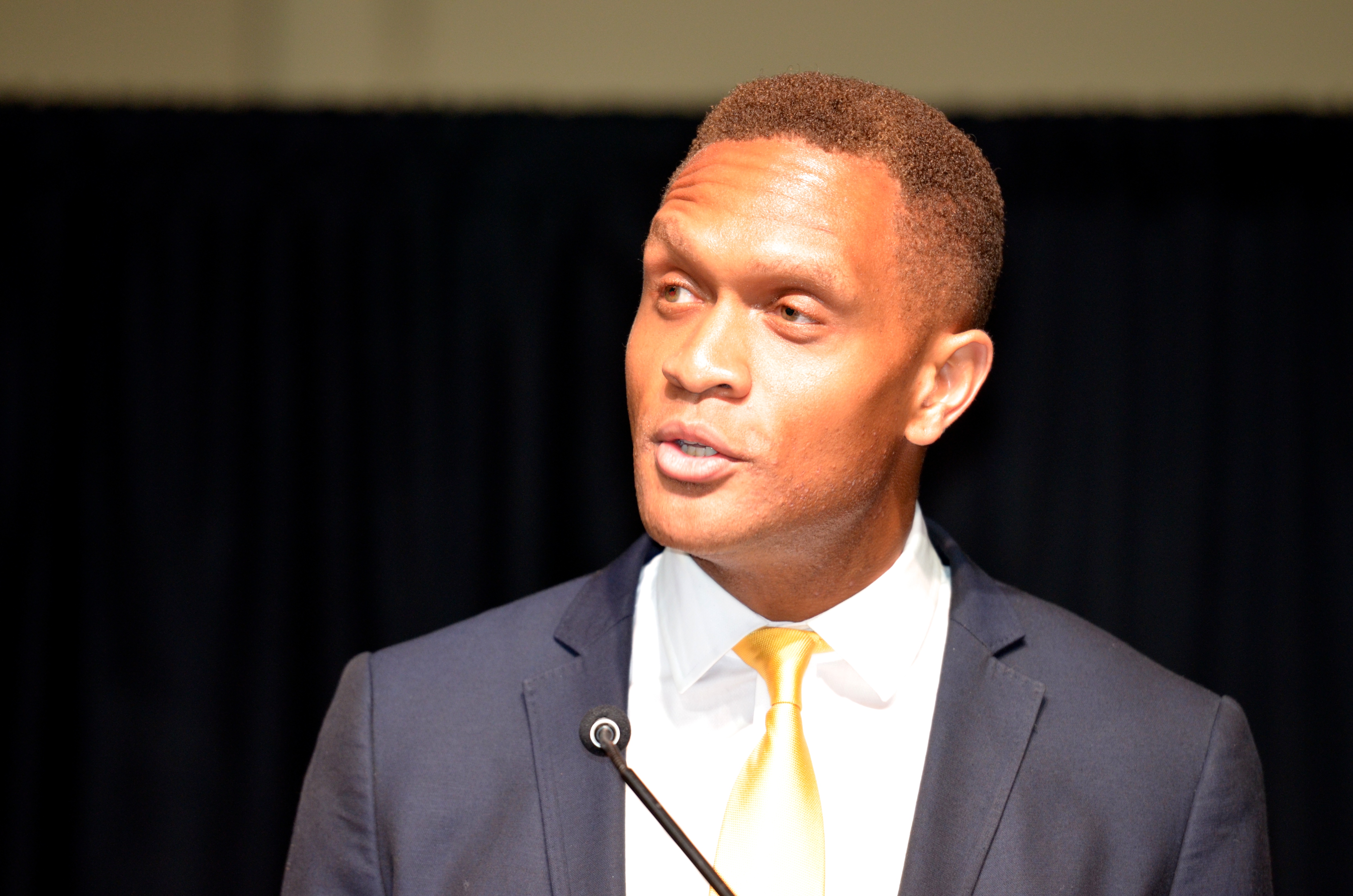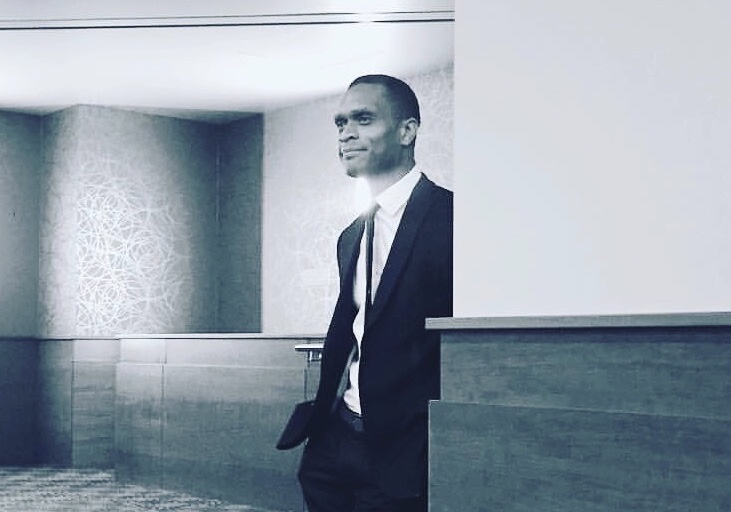I used to loathe the end of January. Around that time, anxiety-ridden managers would start suggesting that I help organize the Black History Month activities for February. Bless their hearts. They either genuinely felt our staff needed to be more conscious of the contributions African Americans made to society, or somewhere in their manager handbook, this was mentioned in the cultural sensitivity part.
Growing up, I was always slated to read the “I Have A Dream,” speech in class or chosen to explain how the Underground Railroad operated without physical tracks. Back in 1st grade, when our progressive music teacher wanted us to learn about soulful pop music, she wrote a play and cast me as Michael Jackrabbit, the moonwalking bunny with a culturally ambiguous face.
All of this was a version of tokenism that I had become accustomed to before I even knew tokenism was a thing. Tokenism is race and gender agnostic. No one is safe. Consider the exemplary woman who has broken into the good ‘ole boys club of corporate America, or the lone gay man at a job brimming with tough guys and their laughable displays of machismo, or in my case, the prototypical black face in nearly every social group to which I’ve belonged. Anyone can become a victim of tokenism, but it will always befall the Only One in the Room, a phrase that I’ve borrowed from a recent NPR article. The article, “On Wyatt Cenac, Key & Peele, And Being The Only One In the Room,” describes situations wherein there is only one minority in a group, otherwise known as the last 20 years of my life. Life is hard for the token, and it’s hard for the Only One. When you are both at once, it feels like playing a game of chess while balancing on a high wire.
Continue Reading...










